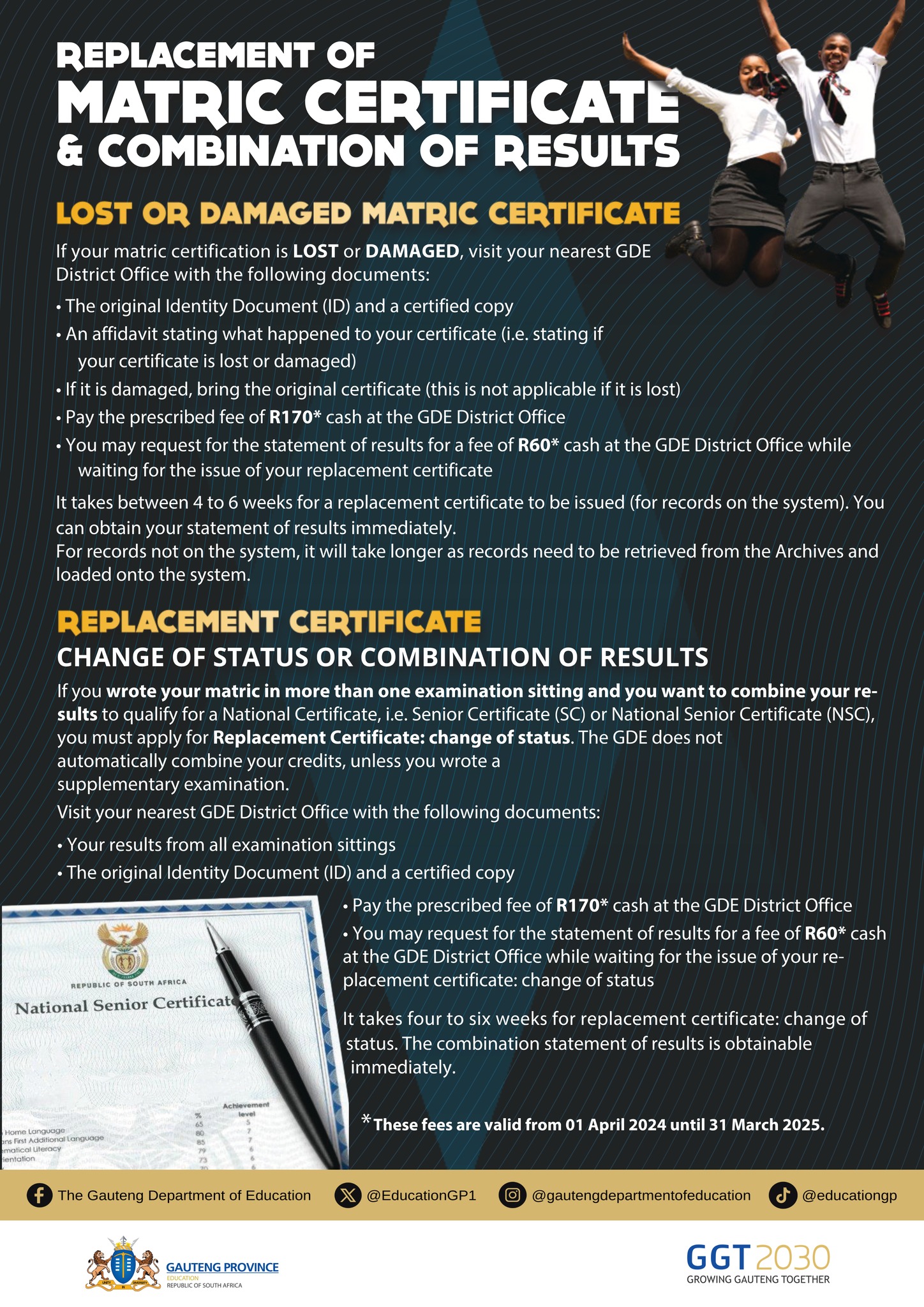On 2 October, Fossil Free South Africa (FFSA) launched the latest edition of the Planet A Investment Guide, our advisory on ethical and sustainable investment in South Africa and, as far as we are aware, the only such guide of its kind in South Africa.
The event was held at the Biscuit Mill in Woodstock and was attended by about 40 people.
“We’re delighted that this guide is a substantial revamp on the guides we’ve published in the past, with more fund options and more detail about them,” observed FFSA director David Le Page. “We hope you will find it useful in guiding your investment decisions.”
After extensive research, the experienced journalists who wrote the guide concluded that although there are many fossil-free options offshore, there are only three funds based on South African assets that can be recommended as substantially more sustainable than their peers.
Representatives of these three funds, who were special guests, described them at the launch. They were Traci Porter for the Select BCI ESG Equity fund; Waleed Hendricks (Old Mutual ESG Equity Fund), Preanka Naidoo (Sanlam Living Planet Fund) and Cerin Maduray of WWF, which founded the Living Planet fund and still helps run it.
“While FFSA recommends the funds in our guide over others, we urge people who consult our guide to seek expert advice in making investment decisions,” said Le Page. “We are an activist organisation and cannot assess which funds are best suited to your particular needs.”
The event began with an eight-minute video presented by renowned earth scientist Johan Rockström of the Potsdam Climate Institute, on how humanity is overstepping critical important “planetary boundaries”, largely via carbon emissions and other forms of pollution from the fossil fuel industry.
ESG funds outperform their conventional peers
Key points raised and outlined in the guide include how ESG (environmental, social and governance) funds almost invariably outperform traditional funds over time, although many financial advisors’ still do not believe or realise this.
A recent study from NMG Consulting that Naidoo described found that almost one-third of financial advisors believed that an ESG emphasis in investment management eroded returns; almost 45% said it had no impact, and only the remaining 20% understood that it usually improves returns. This is in sharp contrast with other markets, where knowledge of and appreciation for the merits of ESG-style investing runs deeper.










